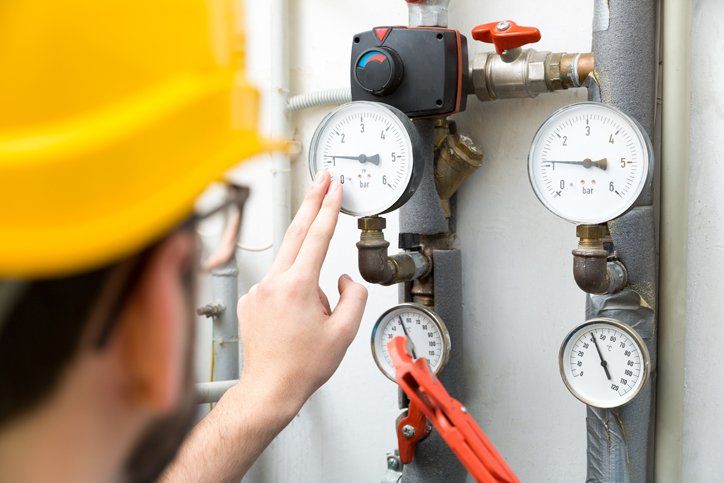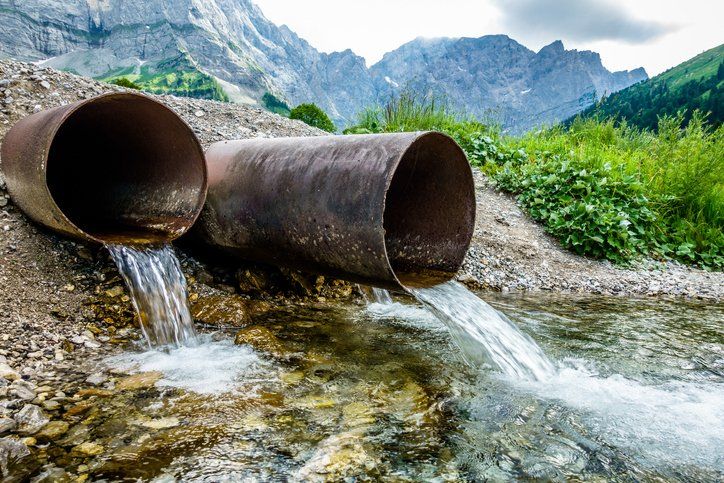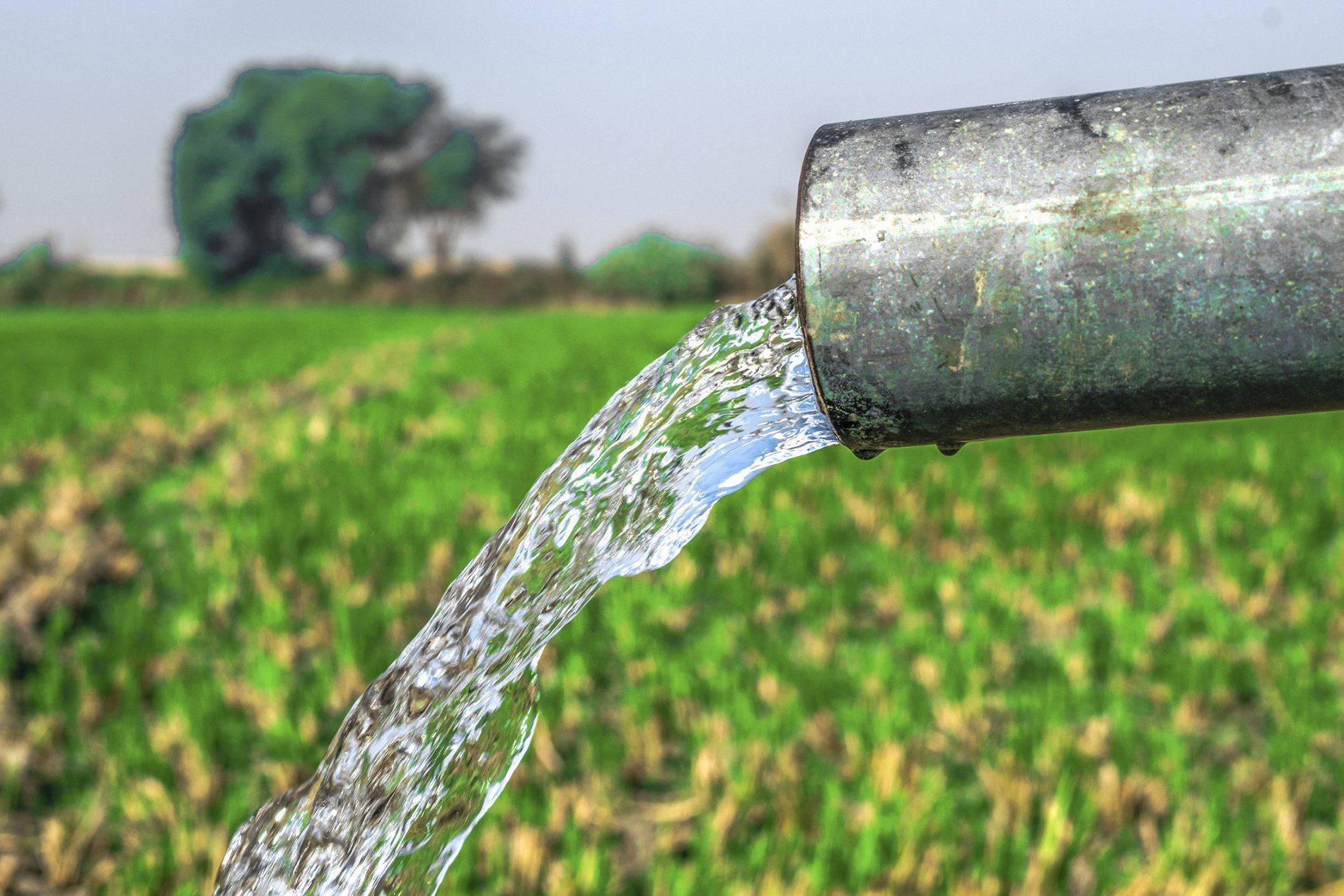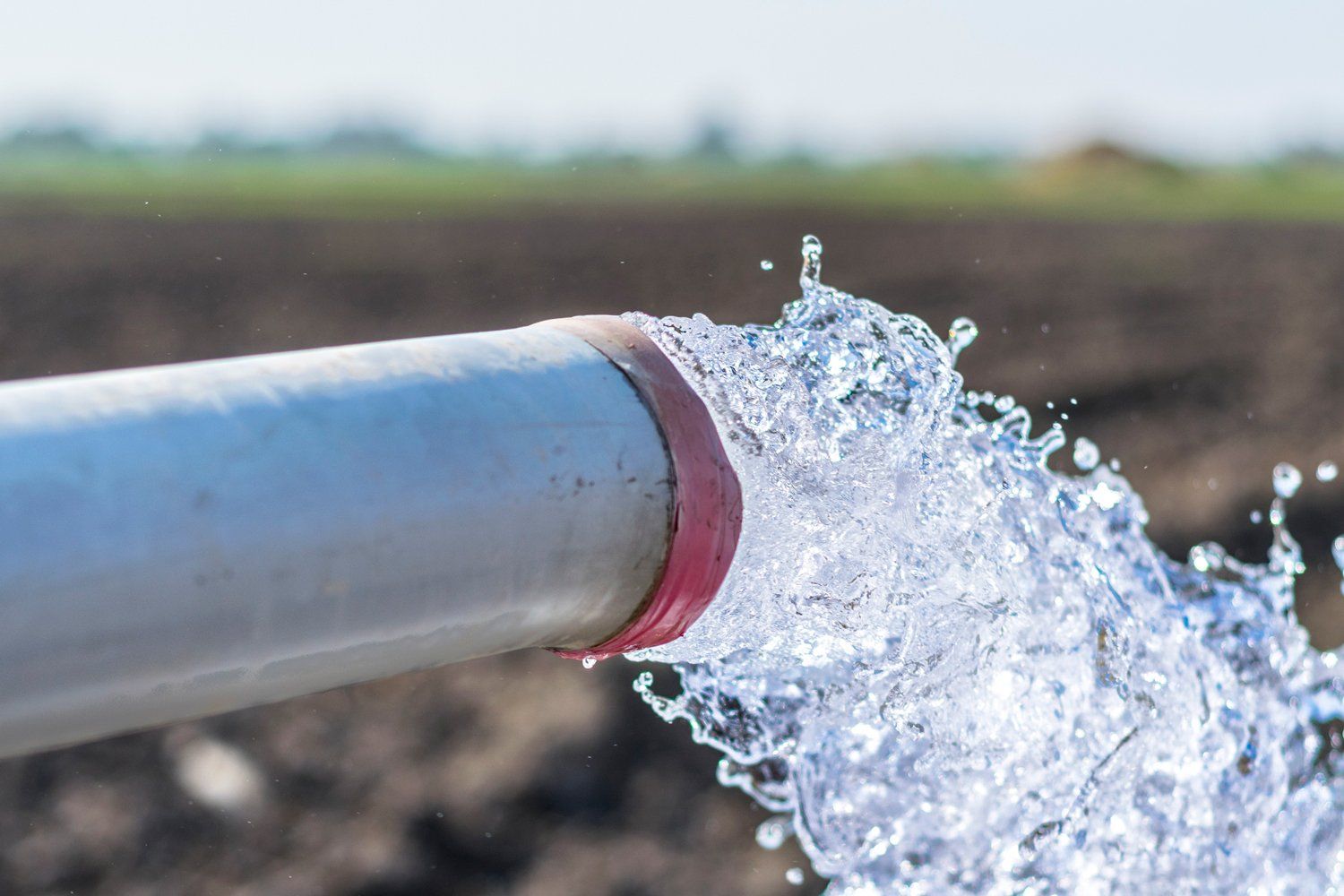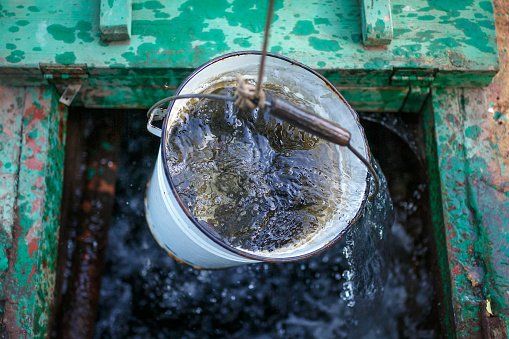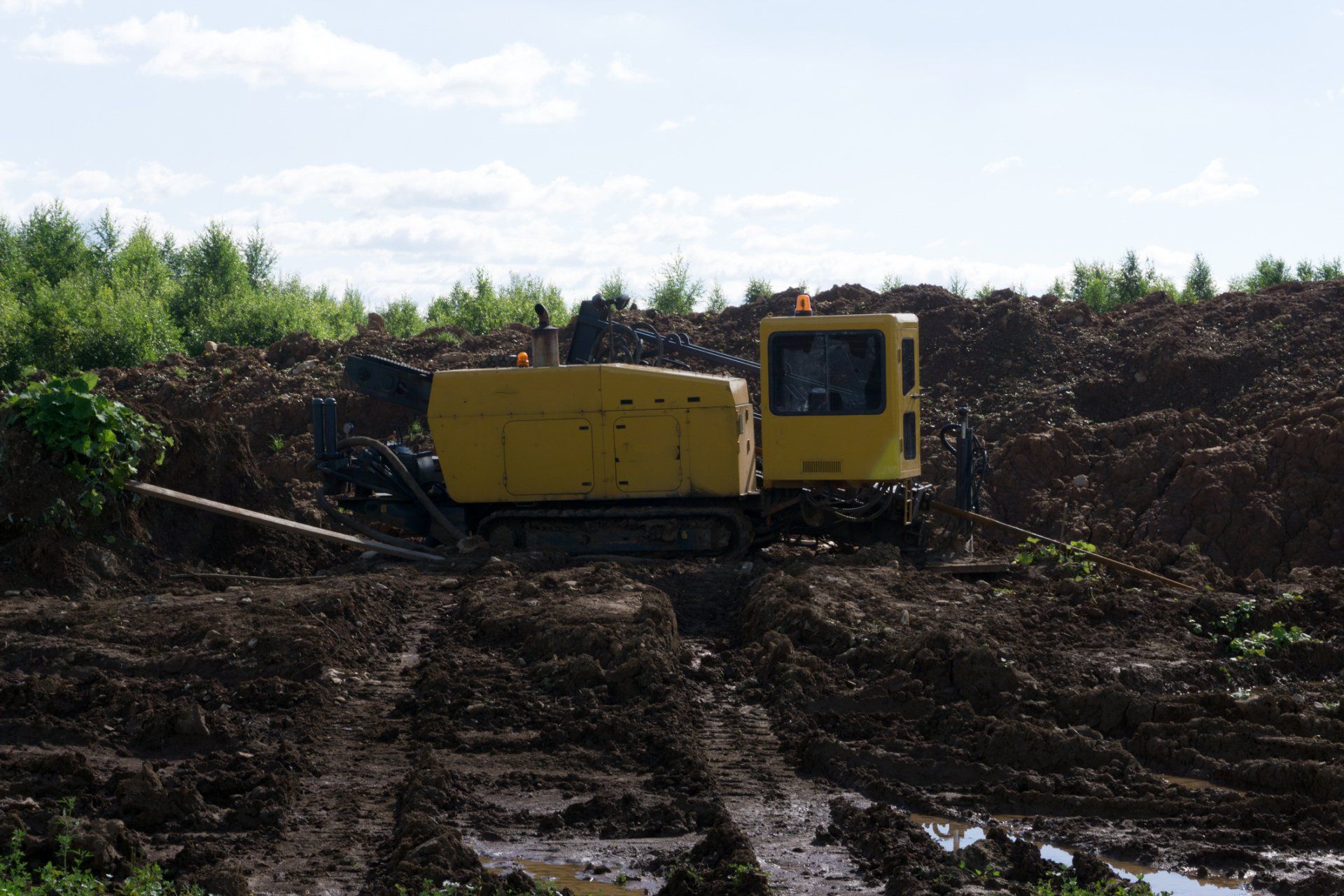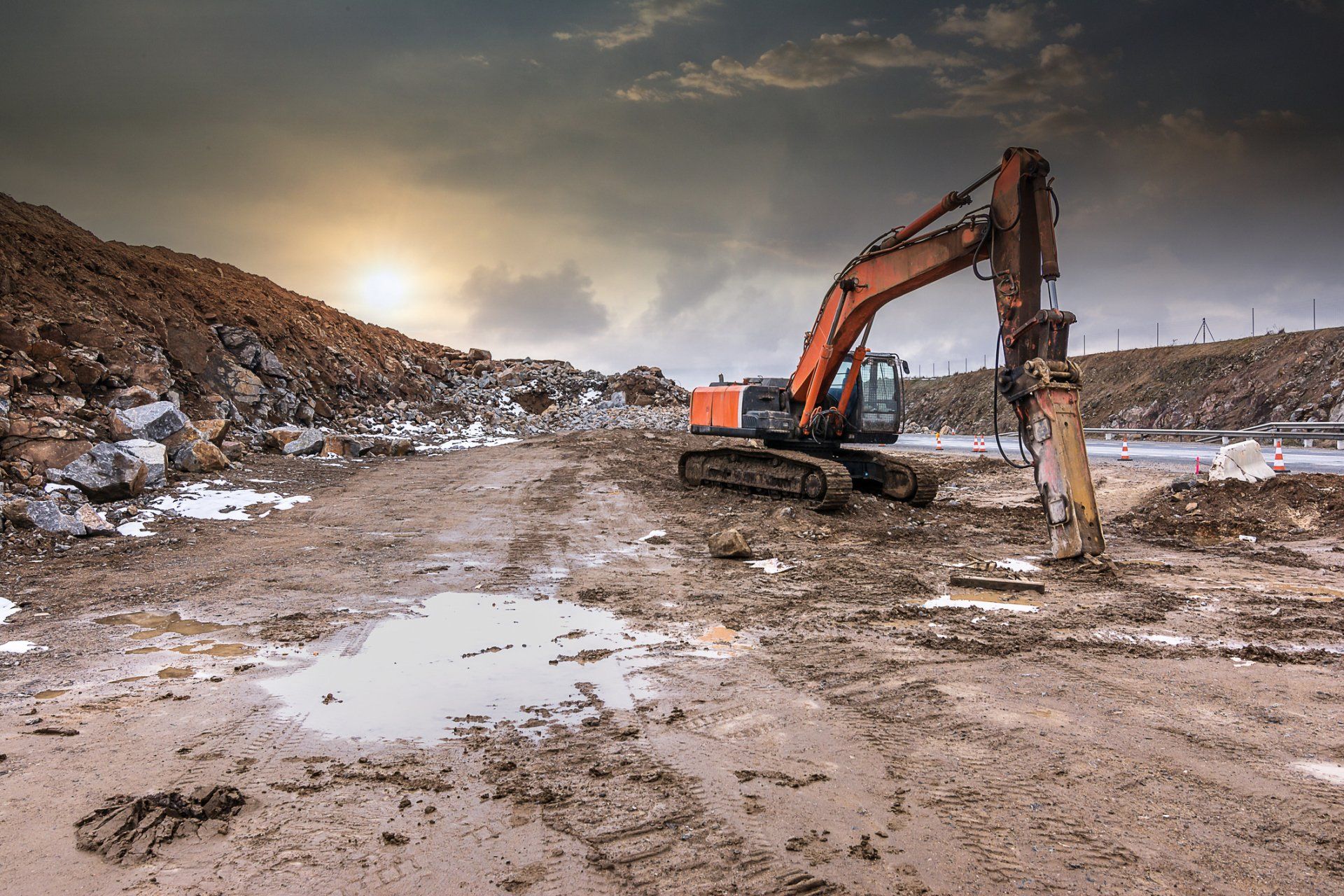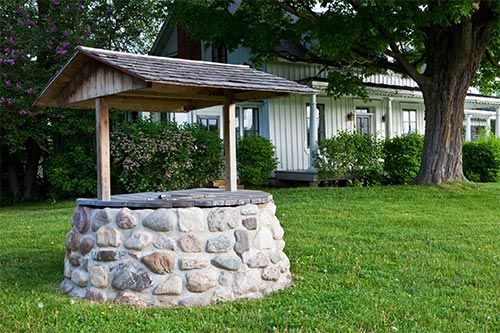Keep an Eye Out for These 4 Well Water Contaminants
- By Admin
- •
- 13 Oct, 2020
- •

When you own a well, you enjoy many benefits of your investment, but some challenges also present themselves. You get rid of the chemicals a public treatment plant may add to your water, but with that decision, you risk other contaminants creeping in. If you want to keep drinking fresh, clean groundwater, you'll need to keep an eye out for these four possible invaders in your well.
1. Aquifers
Wells operate by drawing water from below the surface of the earth, where different types of rock or soil can contain pockets of liquid, referred to as aquifers. These aquifers are essential to your well's function since they provide a source of water for the pump to draw upon. Depending on the composition of the rock or soil, though, you may find contaminants making their way into your taps.
The reason is simple. In a confined aquifer, the water is in a kind of natural tank. The walls of that tank can be composed of a material that easily leaches into the water housed within. In an unconfined aquifer, which rests below the water table but mixes with the soil, you may have to deal with trace elements from that soil before using the water from your well.
2. Fertilizers
You may know that pesticides in groundwater can leak into wells, but if you use chemical fertilizers for your lawn, garden, or field, you may risk leakage from those sources. Even natural fertilizers, like waste products, can contain microorganisms, nitrate, and nitrite, all of which would be harmful to drink. If your stomach feels upset or you have symptoms of oxygen loss after drinking water, test your water.
If you have any kind of agricultural projects nearby, plant- or animal-based, make sure your well won't come into contact with them. Not only could the fertilizer or animal waste affect your water quality, but the animal feeding process can also cause concern. If you've already established your water source too close, discuss the situation with the project leaders and see if you can reach an agreement.
3. Heavy Metals
Any water source may be subject to leaching from your plumbing (which means you'll need to keep your pipes updated to avoid it), but a private well may have additional risk factors. If you have any refineries, electronic manufacturers, or cement plants near your well, you may experience high levels of heavy metals, which can cause a variety of medical issues.
Some materials, like copper and coal, may attract mining operations to extract the valuable resources buried in the ground. If your well is anywhere near the mine, the risks increase. Not only do you have the substance to deal with, but any tools or processes that the miners use to remove it from the soil. You'd likely be better off digging a new well somewhere safer.
4. Natural Deposits
Unfortunately, your efforts to keep away artificial materials may not affect the natural makeup of the land around you. Some environments are rich in certain minerals or elements, with deposits in the ground that affect the area around them. If you live near heavy concentrations of minerals like copper, arsenic, radon, or uranium, your well may be at risk.
To protect against these environmental concerns as well as the other potential risks, test your water at least yearly for contaminants. Conduct your tests yourself or hire a water well system professional, who can not only check the cleanliness and mechanical functions of your well but may also be able to provide advice for keeping your water safe and clean.
Risks will be present no matter where you get your water from, but when you keep a private well, you can control what comes into your water better than with public water sources. Get in touch with McCall Brothers Inc. today to start using well water for your residential, industrial, or municipal properties.
MCCALL BROTHERS INC.
IN BUSINESS SINCE 1938
PROFESSIONAL LICENSE NUMBER
PAYMENT OPTIONS









